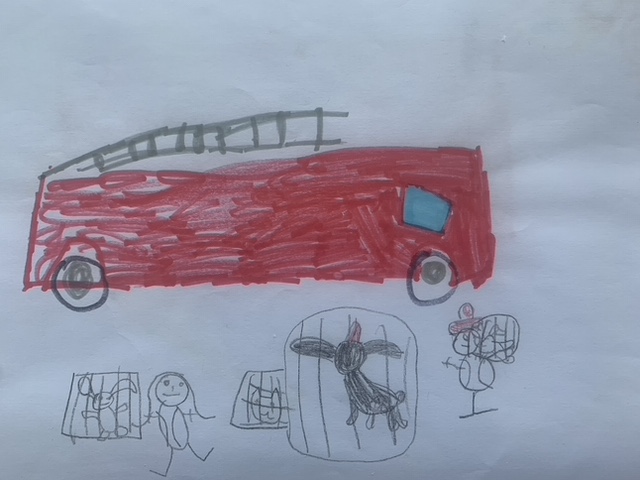
Candice Broad graduated from the University of Bath recently with a BA (Hons.) in Education with Psychology.
What do you want to be when you grow up?
If you remember being asked this question as a child, do you think your answer reflected the embedded gender-norms of a male-controlled society?
Perhaps you don’t, but the underrepresentation of both men and women in specific professional fields is a major social issue which persists in most Western countries, notably in France. Besides, research has shown that career aspirations can be formed at a very young age, along with gender-role stereotypes which are arguably embedded by the time children start nursery.
Having developed a strong interest in gender studies and feminist research throughout my university studies, I chose to research the complex relationship between gender stereotypes and children’s occupational aspirations for my dissertation, focusing on 6-year-old primary school pupils in France. Interviews, group discussions, drawing and role-play activities enabled me to collect rich data, in line with the small scale and sample of six children selected for this case study.
The findings of my study highlighted interesting gender differences in the children’s views of masculinity and femininity, and in their adherence to gender stereotypes. On one hand, girls seemed to have benefited from recent feminist progress, as they chose future occupations regardless of their associated gender norms and displayed progressive perceptions of femininity and masculinity. On the other hand, boys showed less flexibility in their views of future careers and struggled to comprehend why men would ever go into careers traditionally seen as feminine. This suggested that the shift towards gender-equality in France has had a limited impact on boys who clearly displayed traditional ideas of being a boy.
Such findings are clearly positive for young girls and women who now can, and are encouraged to, seize occupational opportunities which had been closed to previous generations. However, the divergence in adherence to gender stereotypes highlights a need for young boys to feel empowered in order to resist male-centred mentalities. These encourage boys to reject any behaviour or aspirations associated with femininity and therefore affect men’s career choices. In fact, the recent societal focus on women’s career ambitions, led by third-wave feminist movements, may be the reason why the perpetuation of masculine norms seems to persist, as children are growing up in a world where girls are told that they can go into any career, yet boys are not yet encouraged to join traditionally female-dominated fields and very little research explores this side of the issue.
Overall, this is an important issue, notably reflected in the gender pay gap. In fact, ‘les Glorieuses’, a French feminist movement, is currently raising awareness about the point in the year after which, on Tuesday 5th November 2019, women were working “for free.” Such inequalities remind us of the necessity, now more than ever, to guide children to choose their careers based on their desire and ability rather than their gender, and to move away from a one-sided view of gender. That being said, as my study has highlighted, occupational segregation is very closely linked with male-centredness. This needs to be reframed as an issue for both men and women, in order for young people to be freed from the gendered perceptions of careers, which is conveyed by their socialisation. As a consequence, my study contributes to contemporary feminist debates by arguing that gender equality, notably with regards to occupational aspirations, will only be achieved when boys feel like they can get involved in professional domains which are dominated by women. As a result, parents, educators, and society as a whole are crucial actors in the prevention of occupational segregation for the future generations.
Imagine a world where children chose what they want to do when they grow up based on their interests and talents, rather than on their gender. How much better would that be?
Respond



